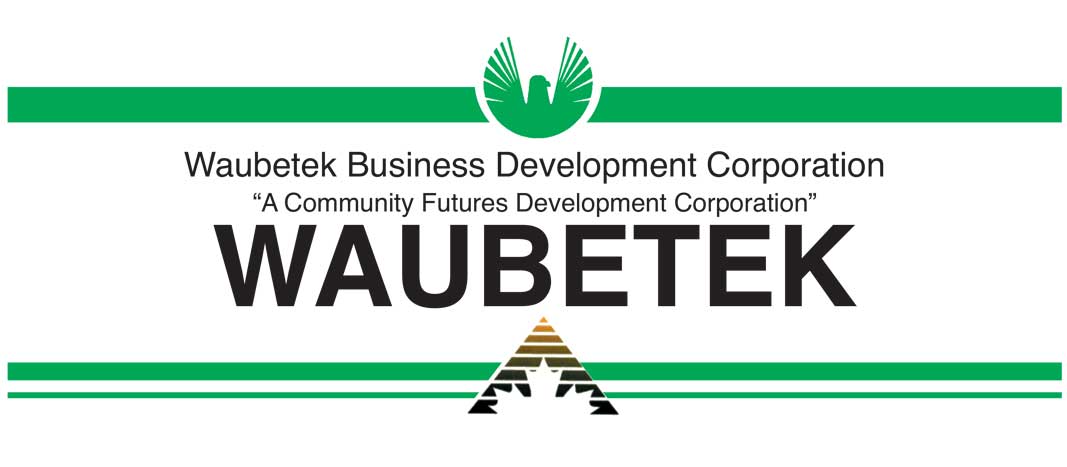OTTAWA—Waubetek Business Development Corporation General Manager Dawn Madahbee Leach has been literally trotting the globe over the past few weeks, with stops in Dubai, New Zealand, Texas and just about every point in between—but among those recent stops was a presentation to the House of Commons International Trade Committee, which includes a lot of the people who are part of the Chapter 10 negotiating team in the recent NAFTA talks.
“It’s been a very exciting time,” admitted Ms. Madahbee Leach. “I am lucky I don’t have jet lag.” She describes her work with the trade committee as being “a very interesting project.”
Ms. Madahbee Leach said that her presentation was linked to her role with the executive committee of the National Aboriginal Economic Development Board.
“I told them what we would like to see in the negotiations (regarding Indigenous trade rights). I wanted to ensure they had a strong understanding of the history of First Nations people’s engagement in trade and investment. The history behind our trading networks isn’t widely understood. I wanted to clear up that history, the history of Indigenous peoples.”
The discussions around Indigenous trade and investment going on currently in Canada and United States are being replicated around the world. “I have been working a lot with outfits out of Australia, New Zealand and South America.”
One specific thing that is on Ms. Madahbee Leach’s mind is the Jay Treaty of 1794—recognized and codified in various US statutes but not agreed to by Canada. The Jay Treaty largely focused on the free movement and trade between Britain and Canada, but it included key elements that have impacted on Indigenous peoples on both sides of the border—allowing for free travel into the US for the purpose of trade and employment.
To wit, in the Jay Treaty the British and the US set out that: “It is agreed, that it shall at all times be free to His Majesty’s subjects, and to the citizens of the United States, and also to the Indians dwelling on either side of the said boundary line, freely to pass and repass, by land or inland navigation into the respective territories and countries of the two parties on the continent of America (the country within the limits of the Hudson’s Bay Company only excepted)… and freely carry on trade and commerce with each other.”
“We talked about the Jay Treaty and how that has worked and how some of the work that has been going on in South America has worked,” she said.
Ms. Madahbee Leach shared a lot of documentation on Indigenous rights and spoke at length about the treaties when she addressed the committee, things that are better understood on one side of the equation, but not so well understood by the broader Parliamentary community.
Another key element of her discussions focused on the high level of unemployment in Indigenous communities and the relatively low-hanging fruit that creating jobs in those communities presents to the broader GDP.
“All we need to do to turn that around is to create 135,000 jobs across Canada in Indigenous communities,” she said. “It sounds like a lot, but when you spread it out across the whole country it isn’t insurmountable at all.” In Ontario, that would mean the creation of less than 20,000 jobs. “It is so easy to do,” she said. It is important to note that those numbers include the creation of self-employment opportunities.
One of the first places those jobs could be created that would be to bring education in First Nations communities up to par with the provincial school boards. “Children in our education systems receive two-thirds less than mainstream Canadians,” she said. “Once we get proper education and skills development in place a lot of those employment opportunities will open up.” The impact on Canadian GDP will be immense.
The Truth and Reconciliation Calls to Action, she notes, lay out a roadmap for economic reconciliation.
When it comes to taking that road, one of the first signposts can be found in the realm of government procurement. “Procurement in Canada is $18 billion annually,” she said.
While there is a long road ahead, and perhaps the road behind may have been rockier than smooth, Ms. Madahbee Leach was optimistic about the road ahead.
“The openness with which we were received is unprecedented,” she said of the reception at the House of Commons committee. “I appreciate that we had that opportunity, to build a relationship. I truly believe that we opened some eyes and had valuable input in the process.”





